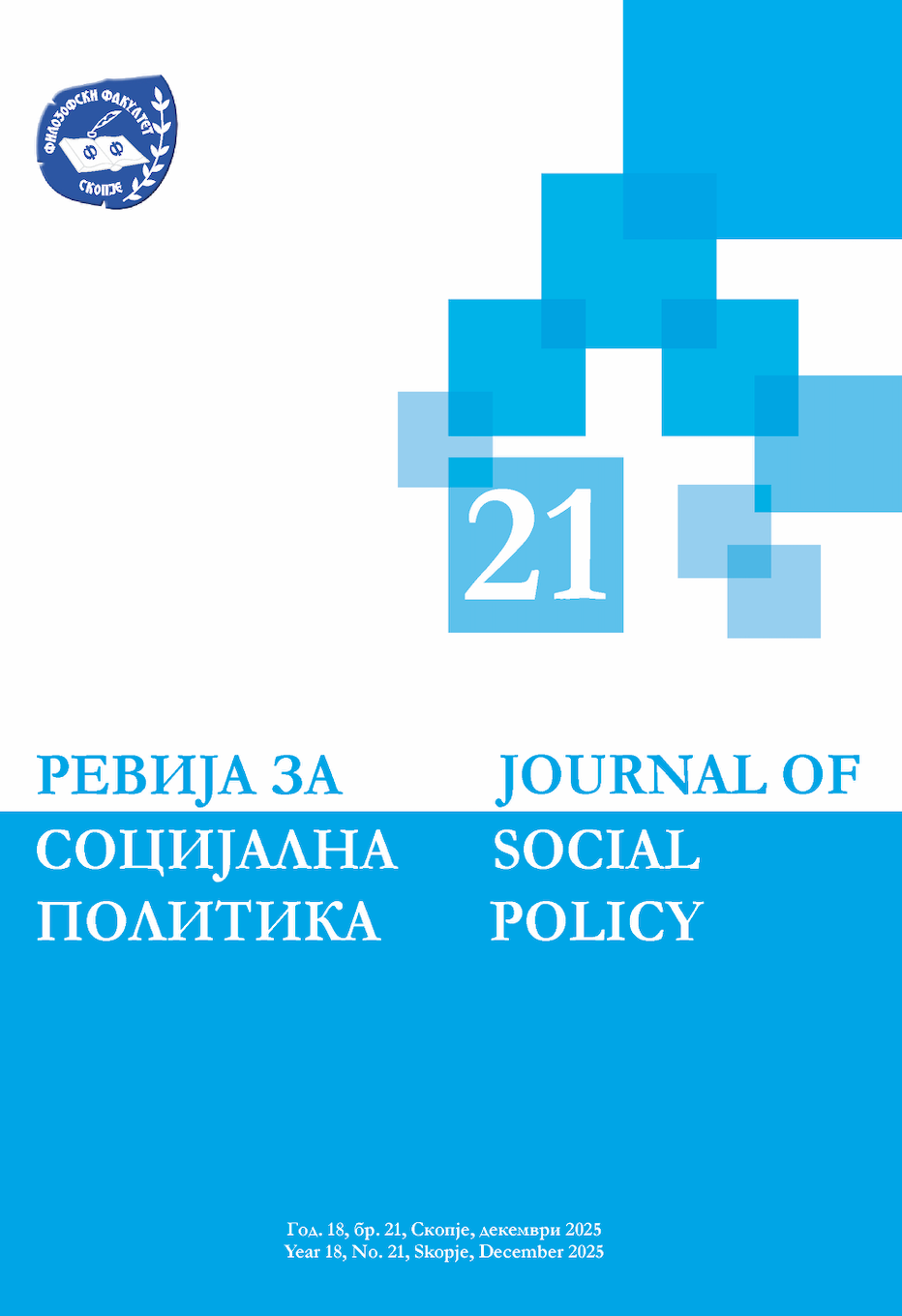Self-Determination in Patients with Intensive Care Needs: Care Management Implication
ДОИ:
https://doi.org/10.37509/socpol251821149sАпстракт
Highly vulnerable people, such as those on permanent ventilation, are heavily dependent on medical, nursing and social support. The aim of the treatment of these patients is to make them independent of the ventilators - insofar as there is a potential for weaning from ventilation. This requires a considerable amount of time, especially for people with multimorbid diseases. In a clinical setting, the necessary resources for this are not available.
In a newly created transitional living form for out-of-hospital ventilation weaning, patients are closely supervised and supported in the weaning process by a multidisciplinary team in a homely environment. The transitional housing form is supported by research carried out by the Ostbayerische Technische Hochschule Regensburg. The evaluation of self-determination in a complex disease situation is one aspect of this research.
This paper is based on a study that included 54 guideline-based, semi-standardised interviews which were conducted with the patients themselves and/or relatives covering the aspects of medical and therapeutic care as well as housing and self-determination. The interviews were evaluated using content analysis. In a firststep, the categories of the analysis of self-determination are described. Furthermore, the results are exemplified with a case study.
Results of the study show that the perception of quality of life is closely linked to the possibilities for self-determination. The comprehensive medical, nursing and therapeutic support contributes to the well-being of the sick people, who should be informed about and involved in the treatment. The case study illustrates by way of example how self-determination can be achieved in the case of severely diseased patients (e.g. referring to their mobilisation, visits, spare time activities) and how compliance can be increased. It became evident that even in the case of lethal diseases whose progression cannot be influenced, a self-determined life is still possible.
Превземања
Преземања
Објавено
Издание
Секција
Дозвола
Авторско право(c) 2025 Corina Schiegl, Irmgard Schroll-Decker, Matthias Kurbel

Овој труд е лиценциран под Creative Commons Attribution-NonCommercial 4.0 International License.
The journal allows the author(s) to hold the copyright without restrictions.
The journal allows the author(s) to retain publishing rights without restrictions.










